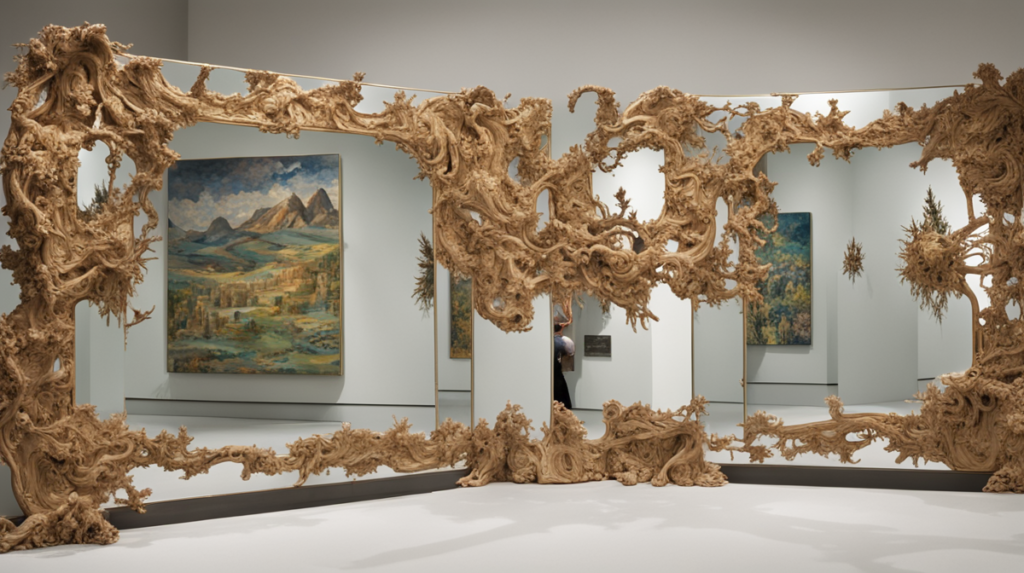Art, in its myriad forms, is a fascinating reflection of society. It offers deep insights into a culture’s mental, social, and even physical health. It portrays our triumphs, struggles, aspirations, and trepidations, becoming a powerful medium for cultural commentary. This article delves into the complex relation of art, health, and society, shedding light on how creativity encapsulates the state of cultural well-being.
Art: An Abstract Mirror of Society
Throughout history, art has been more than a mere aesthetic pursuit; it is a pictorial representation of our collective consciousness. The recurring themes, stylistic choices, and symbolic motifs prevalent in artworks often reveal societal trends, attitudes, and health scenarios. Whether it’s the grotesque paintings reflecting the horrors of war or serene landscapes encapsulating a tranquil society, art serves as an abstract and symbolic mirror of societal health.
Physical Health Reflections within Art
Historically, art has been instrumental in visually documenting the health status of societies, especially during periods without advanced medical understanding. For example, several Renaissance paintings showcase disabilities or illnesses, acting as an unconscious record of prevailing health conditions. Present-day artists continue this tradition, using their work to highlight public health crises like obesity, smoking, drug addiction, and more, reflecting societal changes over time.
Mental Health and Art: A Complex Narrative
Artists have often used their work as an outlet to express personal battles with mental health, inadvertently highlighting societal mental health trends. Expressionist art, for example, captured the inner emotional turmoil of artists like Edvard Munch and Vincent van Gogh, providing valuable commentary on mental health during their epochs. In contemporary society, the depiction of subjects such as depression, anxiety, and other mental health issues in art indicates a critical cultural conversation and its increasing importance in societal discourse.
Art as a Therapeutic Tool
While art reflects society’s physical and mental health, it also serves as a therapeutic tool. It facilitates self-expression, building coping mechanisms, and improving cognitive abilities, contributing significantly to maintaining better mental health. Similarly, the growing popularity of public art installations and therapeutic art projects boosts community health by fostering connection, inclusivity, and empathy.
The Controversies in Art and Health Relation
Societal health reflected in art isn’t always perceived positively due to the sensitive subject matter involved. Occasionally, it can cause discomfort, ensuing debates on depiction limits and artistic freedom. However, these controversies and disagreements also indicate important dialogues about societal health, underscoring the urgency to address the underlying issues.
Conclusion
Art, as a reflection of society, provides a visually compelling cultural commentary. It captures our collective physical, mental, and societal health scenarios, opening dialogues, raising awareness, and in some cases, paving the way for therapeutic treatments. With mixed reactions, art is sure to continue stimulating conversations about our society’s health for years to come.

